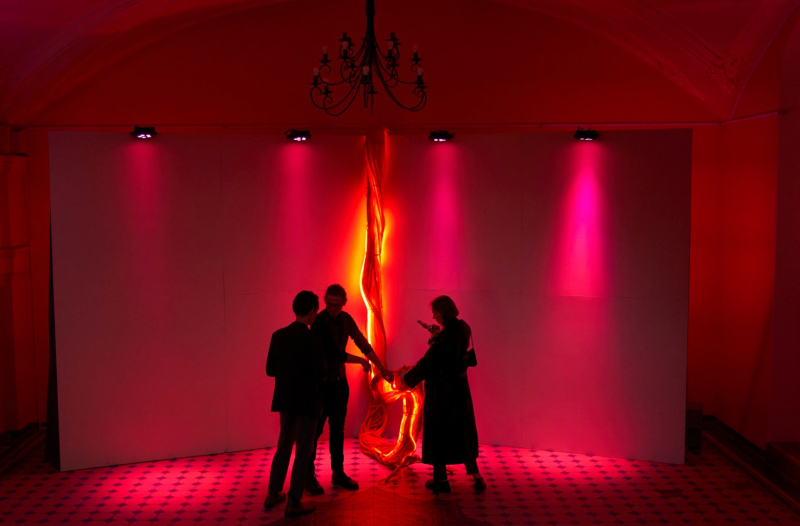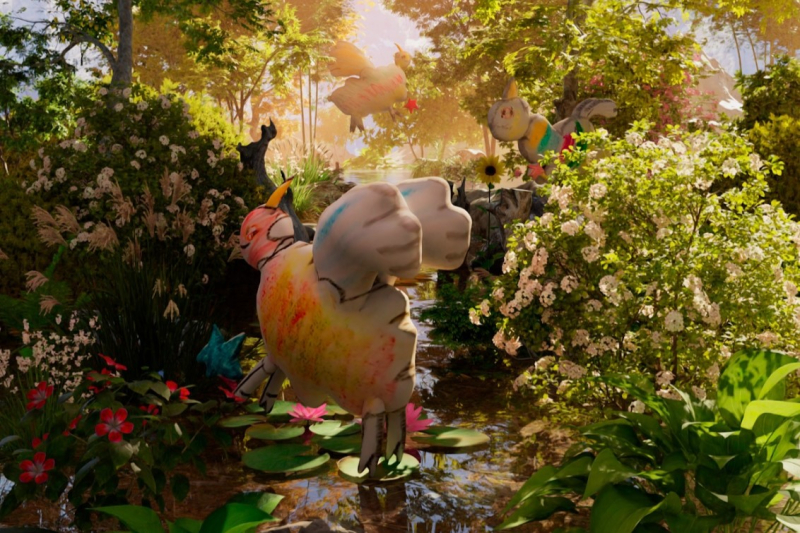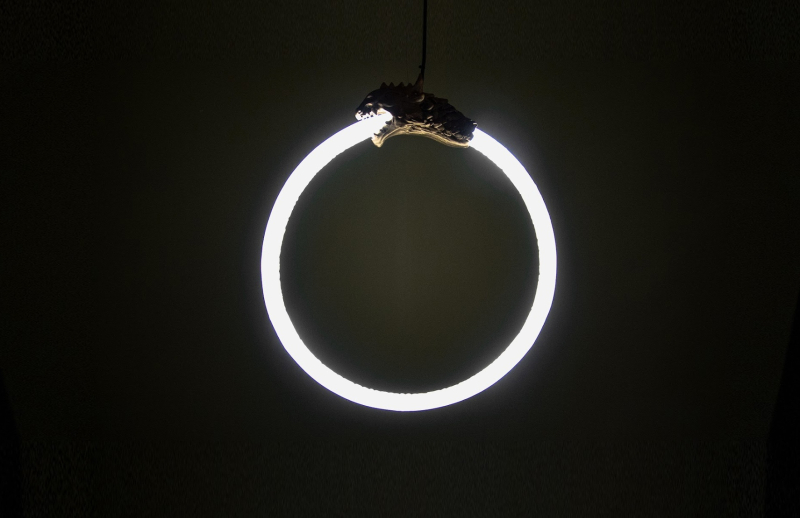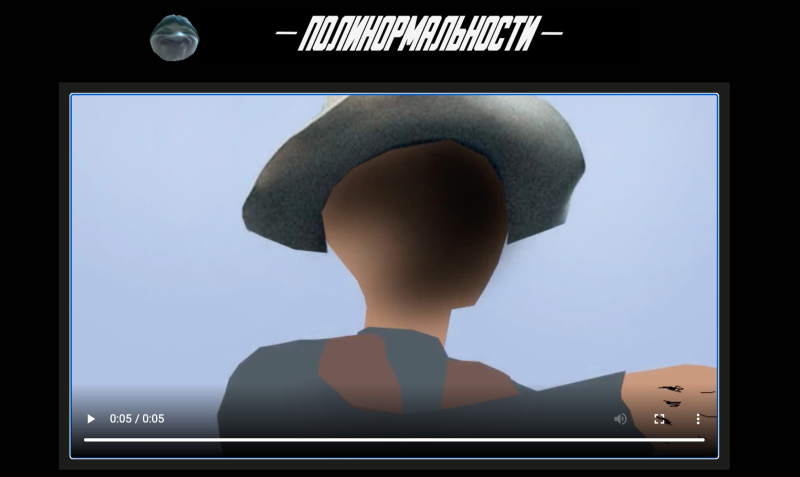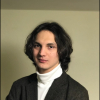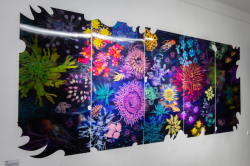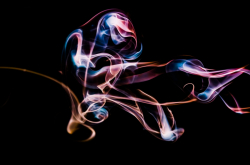ASTA (Art, Science & Technology Award) is organized by the team behind the Geek Picnic festival in collaboration with ITMO’s Art & Science Center. The competition is also supported by the Presidential Foundation for Cultural Initiatives in collaboration with Yandex, VK, Masters Digital Gallery, and the Boiling Point coworking space.
The contest was open to students and graduates of Russian universities who work at the intersection of arts, science, and technology. Its main goal is to support young artists and thus help to develop and popularize science art in Russia.
Out of the total of more than 170 submissions, just 54 were selected for the award’s longlist. Their authors are mostly students and graduates of the various programs and institutions specializing in contemporary or science art, including ITMO University, Far Eastern Federal University, the National University of Science and Technology, Moscow School of Contemporary Art, and the Saint Petersburg Stieglitz State Academy of Art and Design.
The award has seven categories: Artificial Intelligence, Performance Art, VR / AR, Neurotechnological Art, BioArt, Robotic Art, and New Media Art. About 10 projects per category were selected by the jury to advance further in the contest. Many of these art pieces have already been presented at various festivals and exhibitions. For example, the longlist includes projects from the exhibitions Paranature Institute, Grounding, Caring Robots, and STAGE, which was a showcase of thesis projects by students from ITMO’s Art & Science Master’s program. Projects from Nizhny Novgorod’s INTERVALS and St. Petersburg’s Art&Tech festivals were also nominated for the award. Likewise, many other art pieces were first revealed at solo exhibitions in 2021-2022.
See also:
Art & Science Exhibition STAGE 2022 Takes Place at ITMO
The contestants were free to choose any art form – from installations, VR exhibits, and videos to unconventional pieces, such as a book written by the GPT-J neural network model that was taught from a dataset of cooking recipes, or a podcast featuring the InferKit neural network as a participant.
It took a week in total for the nominees to present their projects to the jury for final evaluation via online pitch meetings. Each of the categories has its own panel of experts. For example, the Robotic Art jury includes Dmitry Bulatov, an art theorist, curator, and artist; Dmitry Morozov (also known as ::vtol::), a renowned multimedia artist; and Olga Vad, the head of the Art & Science Master’s program. The VR / AR category’s panel includes Natalia Fedorova, an artist, curator of the 101.All in One festival of technological art, and a lecturer at the Art & Science program; Vadim Smakhtin, a researcher at the Synthetic Landscape Lab of the University of Innsbruck; and Ivan Puzyrev, co-founder of the Arhead metaverse building platform. The best BioArt projects are to be chosen by Ippolit Markelov, a scientist and a curator at the Art & Science Center’s BioArt Lab and artists Vladlena Gromova and Katya Bryskina.
Some of the categories are curated directly by the award’s partners. Namely, the best AI project will be chosen by Yandex. The company is set to present the winner with a 300,000 ruble grant to be used with the Yandex DataSphere machine learning development service. Additionally, Masters Digital Gallery will pick one of the longlist entries and offer to host a solo exhibition of the creator’s works on their online platform. They will also turn one of the VR / AR projects into an NFT, while the best New Media Art entry will be placed in the Yandex Museum as an exhibit.
Other prizes include: an invitation to join the PolArt residence of the Norilsk Museum; collaboration with a curator as part of the ARTYPICAL project; an opportunity to work at the Art & Science Center’s BioArt Lab along with taking one of its courses; and a spot among participants of the Robotic Arts workshop from the staff of ITMO’s Faculty of Control Systems and Robotics.
You can also take part in judging the contest by voting for your favorite project via the official ASTA VK page. The three participants with the most votes will be invited to the award ceremony in Moscow and participate in a two-day cultural program. And the author who receives the most votes will have their works published in the Tochka ART online magazine.
The winners of the contest will be announced on February 1, with an award ceremony planned to take place in Moscow on February 8.
